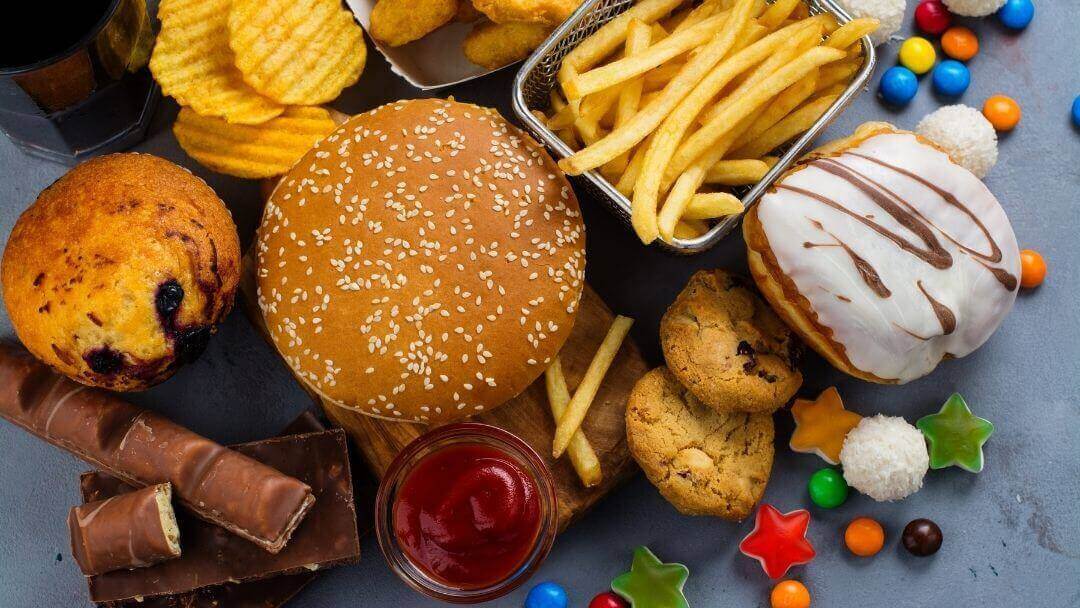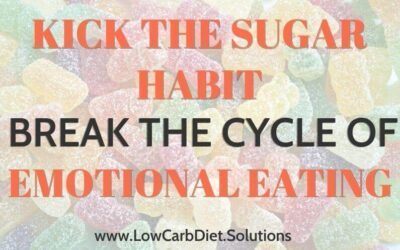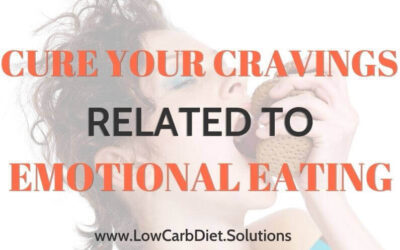By now, you’ve identified yourself as being an emotional eater. And now you may wonder how this happened. For many people, indulging in food cravings as a response to stress or something that triggers intense feelings in you, is a family practice. Sadly, the practice may have been passed down through generations. The emotional eating family patterns were created long before you were born.
Craving Foods As Hard-Wired Means of Survival
In fact, many families across all economic boundaries and cultures throughout the world, place great emphasis on food and a love of eating. It has a lot to do with our natural urge for self-preservation. Over-eating and craving foods may be hard-wired into us as a means of survival.
Here’s an interesting point to consider:
Late-night food cravings may span back to the dawn of human civilization. It is very possible that our urge for high carbohydrate, high-calorie food fix a few in the evening. This has to do with the body preparing for the 12-hour fast that we engage in overnight while we sleep.

To determine if your family may have shaped your tendency to become an emotional eater in your adult life, revisit the following scenarios from childhood. Was the natural response to serve food? Or indulge in something that contains lots of empty calories, such as sweets, carbs, or fried foods?
Typical “Emotional Eating” Family Patterns
Below find some “emotional eating” typical patterns that your family may have engaged in when you were a child. Do these scenarios seem familiar?
1. Mom or dad were arguing
The fight was pretty severe. In your family, was the typical reaction of one or both of your parents to call off regular dinner and go out to eat? Instead of a healthy, home-cooked meal, was the knee-jerk response to head out for burgers or other fast food?
2. You had a bad day at school
Maybe the school bus bully had a hit out on you that day. Or you lost your jacket on the playground.
Was your mother trying to make your pains better by baking a batch of cookies? Or was she taking you out for ice cream?
3. Your boyfriend broke up with you
As a teenager, you and your boyfriend or girlfriend got into a fight. So you decided not to go steady anymore. Was the immediate response for Mom or Dad to come to your emotional rescue with a box of candy or a slice of cake?
4. Any other kind of trouble
If there was a crisis of any kind, did your parents tend to call off regular eating practices in favor of ordering an extra-large pizza? Or were they heading through the nearest fast-food drive-through?
Other messages may be sent by your family that now shape your attitudes around food and eating. Maybe sugar was used as a reward. If you got that good report card, would there be a special, celebratory meal out at a restaurant? Eating indulgences might also characterize every good and joyful moment – sugary treats at parties, holidays, and celebrations. Treats for doing all of your chores on time.
The pain-avoiding or pleasure-producing associations that we have with food, and especially eating foods that are not the best choice for our health, such as sugar, often are created by our own parents during childhood. If you tend to have a love-hate relationship with sugar, you might ask yourself: Does this come about as a result of the messages that your parents and other family members sent you as a child? Only after increasing awareness can we then move into a more evolved mindset that gives us more control over our eating choices. This is going to be the beginning of losing weight.



0 Comments